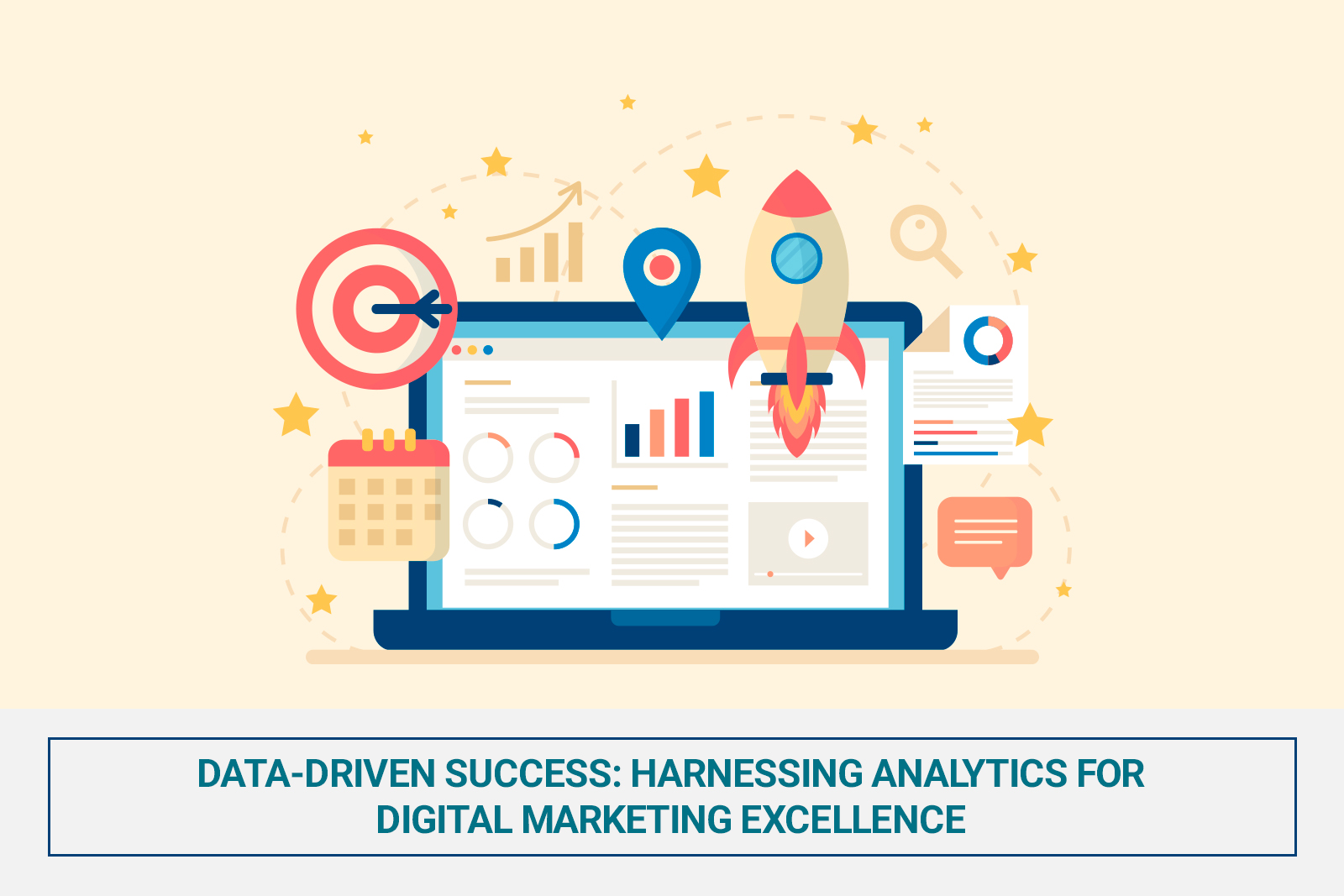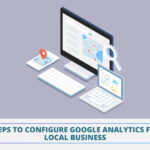Introduction:
In the fast-paced digital world, businesses increasingly rely on data-driven insights to help them make wise decisions and achieve success. Among the many fields benefiting from data analytics, digital marketing stands out as a domain where data-driven strategies have become essential for achieving excellence. Businesses can improve marketing campaigns, gain insightful knowledge about their customers, and make defensible decisions that produce results using analytics. This blog post will go over the benefits of data-driven marketing and how businesses can use analytics to be successful with online advertising.
Understanding Data-Driven Marketing:
Data-driven marketing is a strategic approach that relies on analyzing and interpreting data to make informed marketing decisions. In contrast to traditional marketing approaches that heavily rely on intuition or limited data, data-driven marketing emphasizes using quantitative and qualitative data to gain insights into consumer behavior, preferences, and trends. By collecting and analyzing vast amounts of data, businesses can uncover patterns, identify opportunities, and optimize their marketing efforts for better results.

2. Improved Customer Journey: Analyzing data at each touchpoint of the customer journey allows marketers to identify pain points, bottlenecks, and opportunities for improvement. By optimizing the customer journey based on data-driven insights, businesses can create a seamless and personalized customer experience, leading to increased satisfaction, repeat business, and positive word-of-mouth.
3.Efficient Resource Allocation: Data-driven marketing enables businesses to allocate their marketing resources more efficiently. By analyzing the performance of different marketing channels, campaigns, and tactics, marketers can identify which strategies yield the highest return on investment (ROI) and allocate their budgets accordingly. This optimization prevents wasteful spending and ensures that marketing efforts are focused on areas that drive the most significant impact.
4.Real-Time Decision Making: In today’s digital landscape, things move quickly, and marketers must be agile in their decision-making processes. Data analytics provides real-time insights into campaign performance, customer behavior, and market trends. By leveraging these insights, businesses can make data-driven decisions on the fly, enabling them to respond promptly to changing market dynamics and stay ahead of the competition.

2.Collect and Consolidate Data: To extract meaningful insights, businesses must collect and consolidate data from various sources. This includes data from website analytics, social media platforms, customer relationship management (CRM) systems, email marketing tools, and other relevant sources. Implementing robust data collection mechanisms and leveraging data integration tools help streamline the data collection process and ensure accuracy.
3.Utilize Data Visualization Tools: Data visualization tools are critical in transforming complex data sets into visually appealing, easy-to-understand dashboards. By leveraging these tools, marketers can gain a holistic view of their marketing performance, identify patterns, and uncover actionable insights. Visualization also enables effective communication of data-driven insights across the organization, fostering collaboration and alignment.
4.Implement A/B Testing: A/B testing is a powerful technique that allows marketers to compare the performance of two or more variations of a marketing element (e.g., landing page design, email subject line, ad copy). By conducting controlled experiments and analyzing the results, businesses can make data-driven decisions about which variation performs better. A/B testing helps optimize marketing campaigns, fine-tune messaging, and drive continuous improvement.
5. Embrace Artificial Intelligence and Machine Learning: Artificial intelligence (AI) and machine learning (ML) technologies have revolutionized data analytics and digital marketing. These technologies can analyze vast amounts of data, identify patterns, and make predictions to enhance marketing strategies. AI-powered tools can automate customer segmentation, content personalization, and campaign optimization, enabling businesses to scale their data-driven marketing efforts and achieve superior results.
6. Invest in Talent and Training: To fully leverage data analytics in digital marketing, businesses need skilled professionals who understand marketing principles and data analysis techniques. Investing in talent acquisition and providing continuous training and development opportunities ensures marketers have the necessary skills to effectively utilize analytics tools and make data-driven decisions.
Conclusion:
In the digital marketing era, data-driven strategies have become essential for businesses aiming to achieve excellence. Businesses can gain insightful knowledge of customer behavior, personalize marketing initiatives, enhance campaigns, and arrive at successful decisions using analytics. Embracing data-driven marketing enhances targeting and personalization and improves the overall customer journey, resource allocation, and decision-making processes. By following best practices, investing in technology, and nurturing talent, businesses can unlock the full potential of data-driven marketing and stay ahead in the ever-evolving digital landscape.







